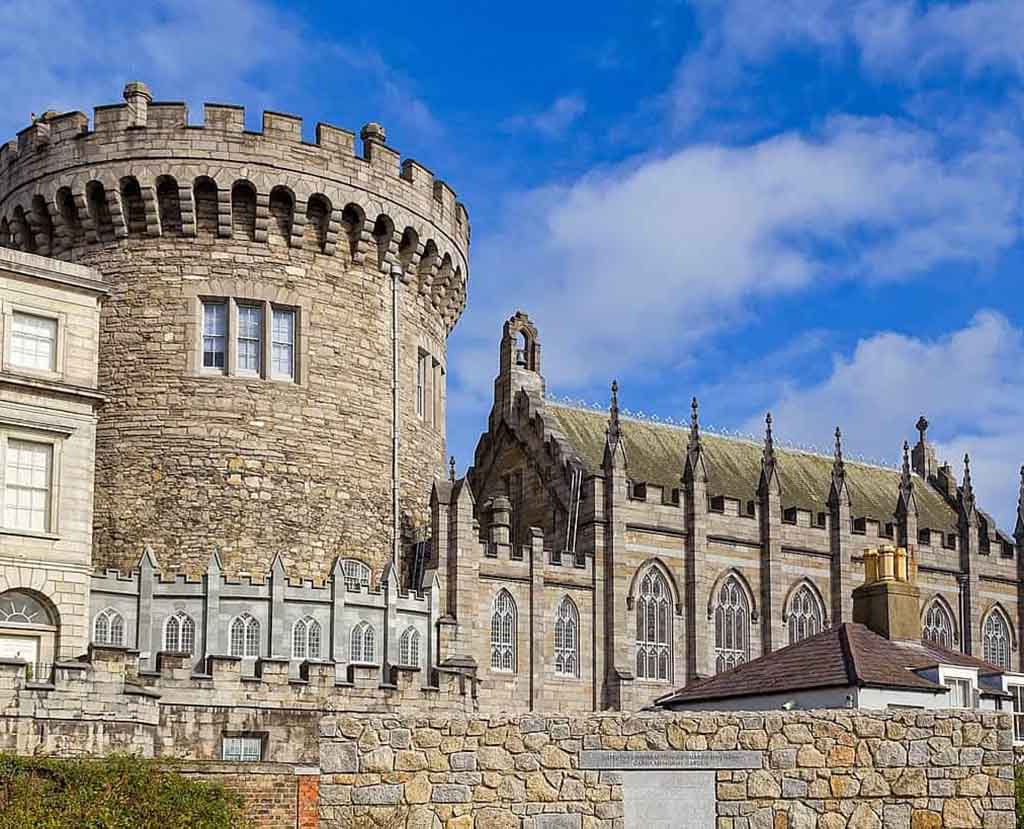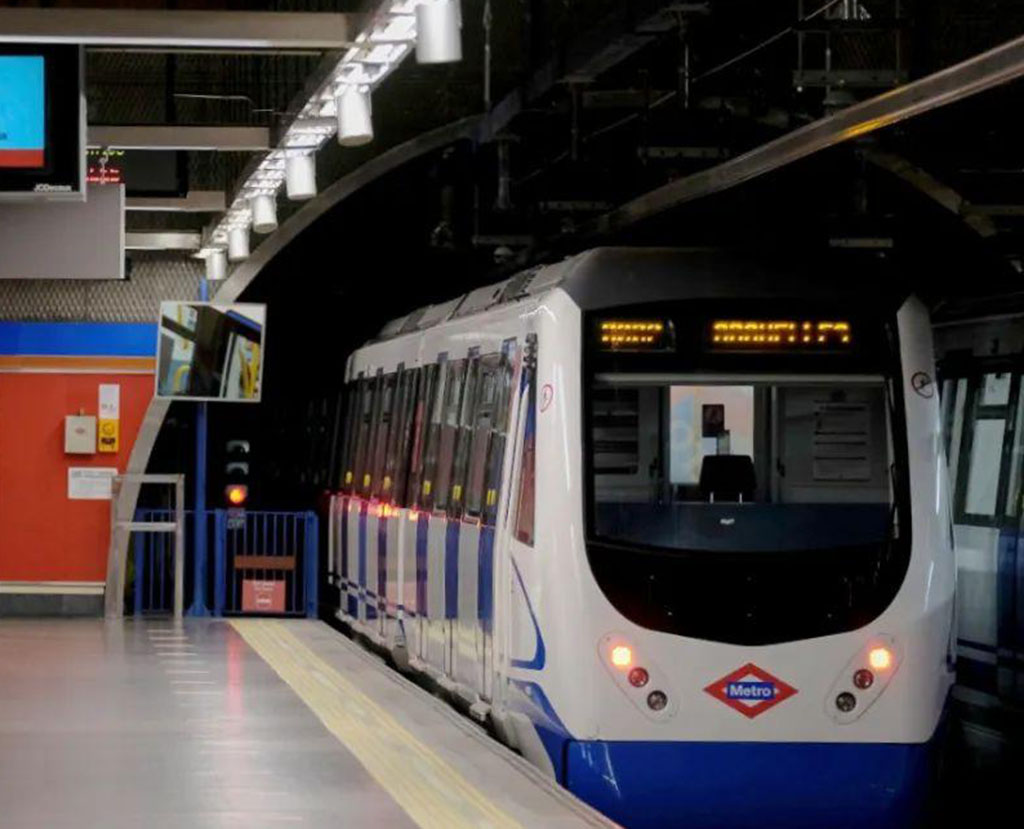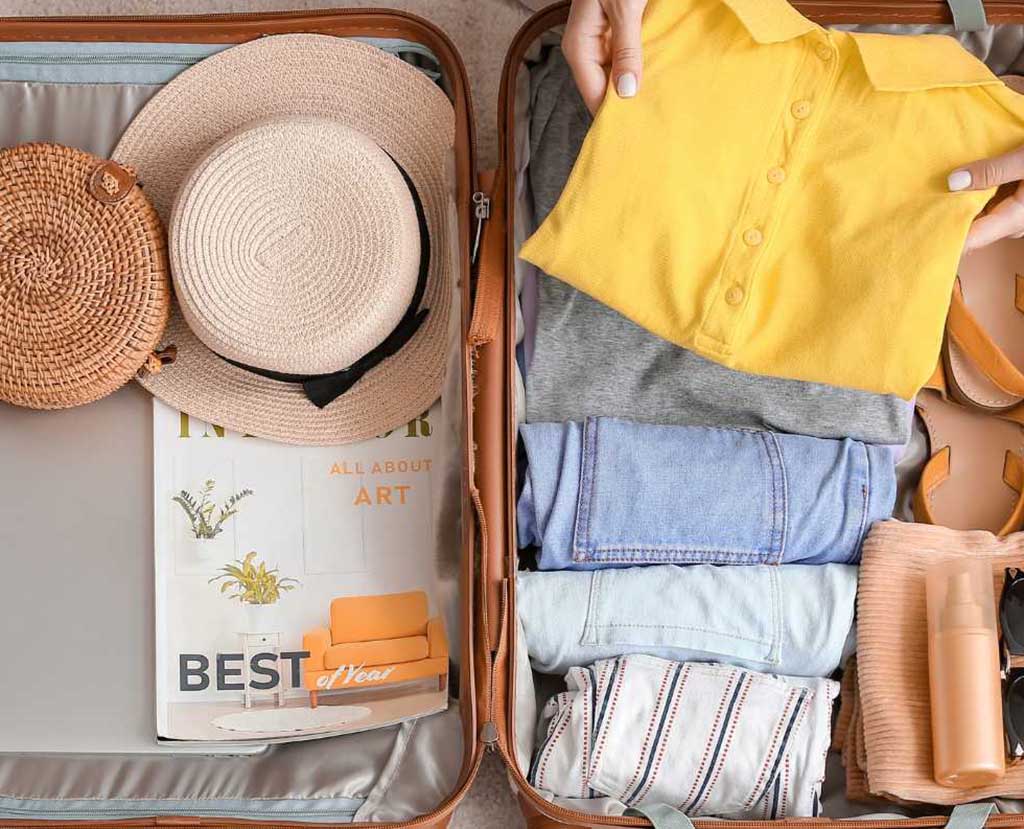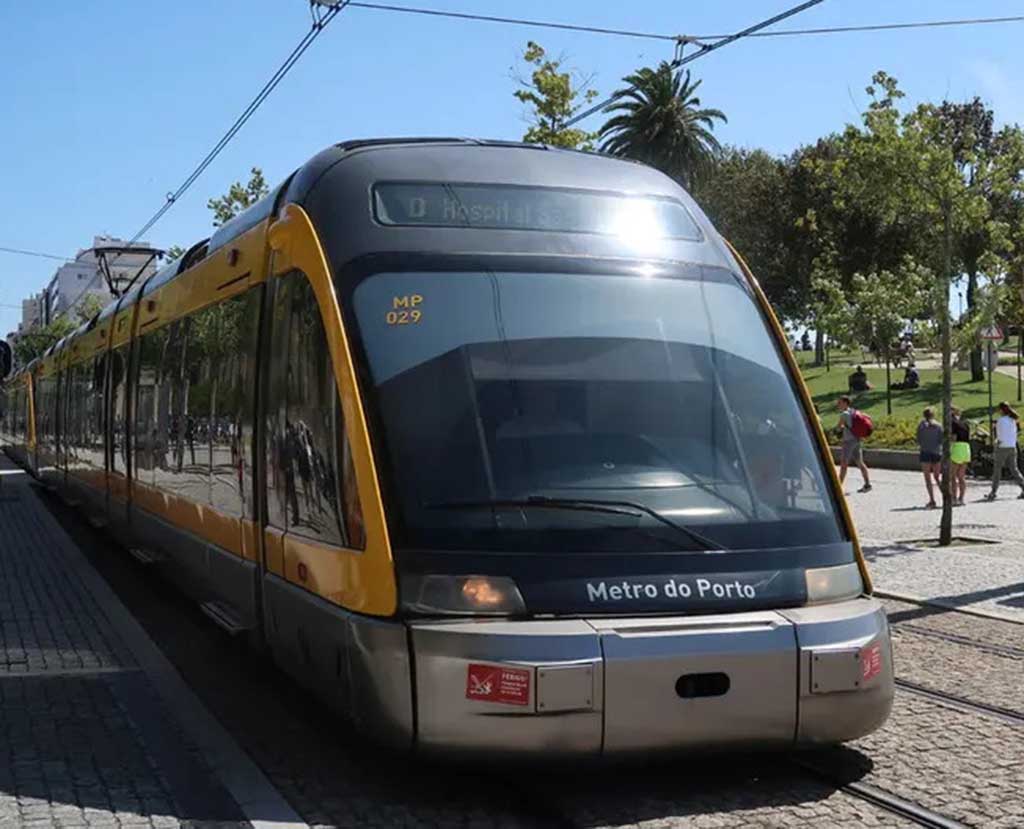Dublin, the capital of Ireland, is rich in history, rich in culture, and charming landscapes. Whether it’s exploring historic sites, tasting authentic cuisine, or experiencing a laid-back city atmosphere, Dublin has something for every type of traveler. However, to fully enjoy your holiday in Dublin, careful travel planning is essential. From travel equipment to precautions, every detail can affect the overall experience of your trip. Here are some travel planning tips you must know when enjoying a holiday in Dublin to help you prepare and ensure a smooth and enjoyable holiday.
Ⅰ. Travel equipment: ensure a comfortable and convenient trip
1. Packing
Dublin’s climate changes frequently, especially in the fall and winter, when the weather is often wet, cold, and changeable. Therefore, travelers need to pay special attention to the following points when packing:
Waterproof jackets and rain gear: Dublin has high rainfall, especially in winter, so a waterproof jacket and portable umbrella are essential equipment. Waterproof shoes can also help prevent your feet from getting wet and keep you comfortable.
Layered clothing: Due to the rapid temperature changes, it is recommended to wear clothing that can be easily stacked. Thin sweaters, coats, and scarves are all must-have items for winter. Warm and not bulky clothes can help you cope with the cold weather in the morning and evening.
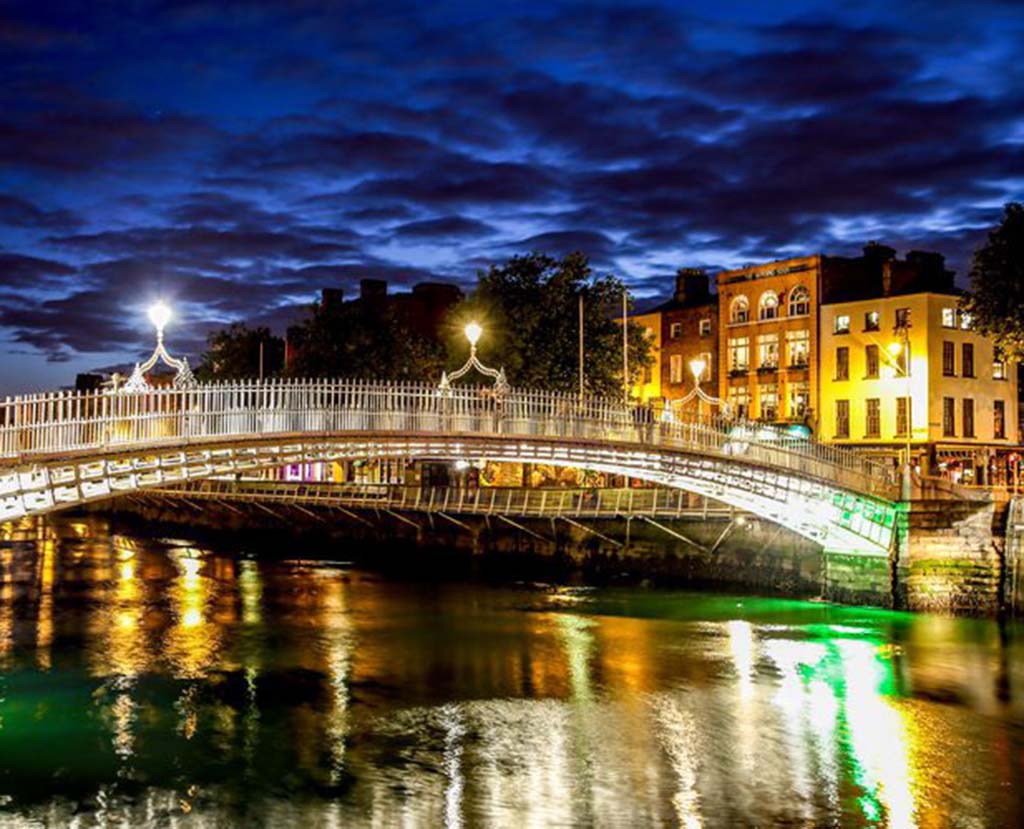
Comfortable shoes: Dublin is a very walkable city, and many attractions can be easily reached by foot. It is important to choose a pair of comfortable shoes that are suitable for long walks.
Plug converter: Ireland uses British three-pin sockets. Remember to prepare a plug converter before traveling to ensure that electronic devices are charged normally.
2. Electronic devices
Dublin’s urban landscape and historical sites are worth recording with a camera. In addition to conventional electronic devices such as mobile phones, cameras, and power banks, the following devices can make travel more convenient:
Convenient mobile network: Although Dublin’s public Wi-Fi coverage is good, in order to avoid high roaming charges, it is recommended to buy a local SIM card or book a portable Wi-Fi device with data traffic.
Travel applications: Installing some practical travel applications, such as map navigation, traffic inquiries, restaurant reviews, etc., can provide great convenience during travel.
3. Travel books and guidebooks
Although many travelers now rely on smartphones, a paper travel guide is still useful. It allows you to quickly get information about attractions, restaurants and transportation without the Internet, especially when you are exploring the old town of Dublin, paper maps and brochures will be more convenient.
Ⅱ. Transportation: How to easily travel in Dublin
Dublin’s public transportation system is relatively convenient, including buses, trams and taxis. Choosing the right transportation method can greatly improve the efficiency and experience of travel.
1. Use Dublin buses and trams
Dublin’s bus system is well developed and covers almost most areas of the city. Trams (Luas) are also one of the common modes of transportation, especially for tourists traveling along major routes. For convenient travel, it is recommended to purchase a Leap Card, which is a rechargeable card for taking buses, trams and some trains, which can enjoy more favorable fares.
2. Explore the city on foot
Dublin is a walkable city. Many important attractions are concentrated in the city center. Walking is one of the most convenient ways. In addition to better experiencing the city’s style, walking can also avoid the busy traffic. If time permits, walking on the streets of Dublin will allow you to experience the unique charm of this city more deeply.
3. Rent a bicycle
Dublin’s bicycle sharing service is very convenient, and bicycles can be rented in many places. Cycling not only allows you to travel faster through the city, but also allows you to enjoy a more free way of traveling. If you like cycling, renting a bicycle is a good choice.
4. Taxis and shared travel
Taxis are also common in Dublin, especially when you need to quickly go to places far away from the city center, taxis are a convenient option. In addition, shared travel services such as Uber and Bolt also operate in Dublin, providing a more flexible way of traveling.
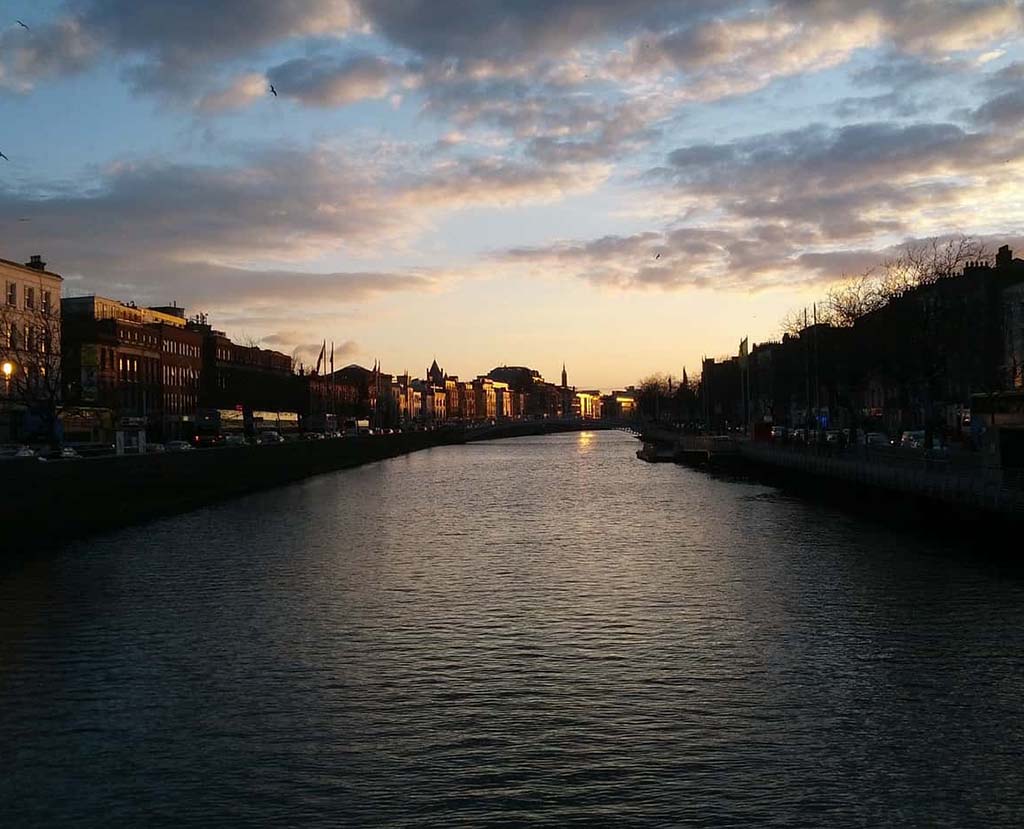
Ⅲ. Dining experience: Taste Dublin’s food culture
Dublin is not only famous for its history and culture, but also for its rich food culture. From traditional Irish dishes to international modern dining, Dublin can provide tourists with a rich taste bud enjoyment.
1. Traditional Irish dishes
Irish traditional dishes are simple and delicious, usually with potatoes, beef and lamb as the main ingredients. Irish Lamb Stew and Fish Pie are very popular traditional dishes. In addition, Irish beer and Irish whiskey are also not to be missed, which are the unique local wines.
2. Food Streets and Restaurants
Dublin has many food streets, especially the Temple Bar area, which is home to many bars and restaurants. Whether you want to taste traditional Irish food or find a trendy dining experience, the Temple Bar area can meet your needs. In addition, Georges Street and South William Street also have many restaurants and cafes worth trying.
3. Vegetarian and Healthy Meals
If you are a vegetarian or pay attention to healthy eating, Dublin also offers a large number of restaurants that meet your needs. More and more restaurants are beginning to offer meat-free meals, gluten-free foods and organic ingredients. Dublin’s dining culture is becoming more and more diverse, and healthy eating has also become part of the restaurant menu.
IV. Accommodation options: Choose a hotel that suits you
Dublin has a variety of accommodation options, from luxury hotels to budget hostels, from boutique hotels in the city center to resorts in the suburbs. Different types of accommodation offer different experiences, so choosing a suitable place to stay is particularly important.
1. Luxury and design hotels
If you are looking for a luxurious experience, you can choose some high-end hotels in Dublin, such as The Merrion or The Shelbourne, which are located in the city center and provide five-star services and facilities, suitable for tourists with high requirements for comfort.
2. Green and environmentally friendly hotels
More and more green and environmentally friendly hotels are appearing in Dublin. These hotels focus on environmental protection and sustainable development, and provide green and environmentally friendly facilities and services. For example, some hotels use energy-saving lighting, rainwater recycling systems, green cleaning products, etc. to contribute to environmental protection.
3. Budget accommodation
If the budget is limited, budget accommodation is also a good choice. There are many budget hotels and hostels in the city of Dublin, which provide clean and comfortable accommodation for backpackers and tourists with limited budgets.
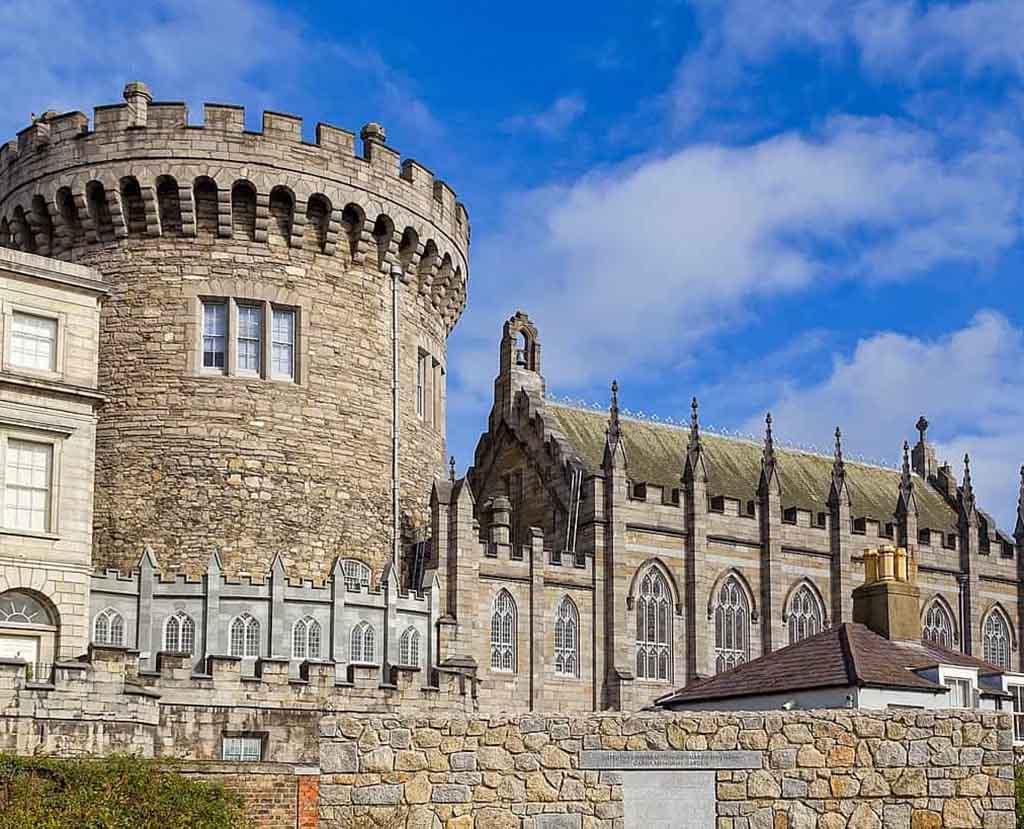
V. Precautions: Ensure a smooth and enjoyable vacation
1. Safety and health
Dublin is a relatively safe city, but there are still some safety precautions to pay attention to. At night, especially in some remote neighborhoods, try to avoid going out alone. In addition, Ireland’s medical system is relatively complete, but it is recommended to purchase travel insurance in case of accidents.
2. Respect local culture and customs
Dublin’s culture is deeply influenced by Irish traditions, and it is crucial to respect local customs and habits. For example, in the bar, Irish people usually like to have a few drinks. If you meet locals and talk, it is very important to be friendly and polite.
3. Time arrangement and sightseeing
Dublin has many famous historical sites and attractions, and time arrangement needs to be reasonable. For example, Dublin Castle and St. Patrick’s Cathedral are popular attractions for tourists. It is recommended to plan in advance to ensure that you have enough time to visit.
4. Currency and Payment Methods
Dublin is the capital of Ireland and the currency used is the Euro (EUR). Although most shops, restaurants and hotels accept credit and debit cards, cash payments are still common in some small shops, markets and rural areas. Therefore, it is recommended to prepare some cash before traveling, especially when traveling in remote areas, just in case. In addition, ATMs are widely distributed in Ireland, but there may be a small fee when withdrawing money. Knowing the relevant fees in advance can also avoid unnecessary expenses.
5. Language and Communication
The official languages of Ireland are English and Irish. Although most people speak English, especially in an international city like Dublin, you may occasionally hear some Irish. English is the most commonly used language when communicating with locals, and Dubliners are generally very friendly and helpful. If you occasionally encounter a language barrier, be patient and try to use simple and clear sentences. In addition, common English expressions in Dublin restaurants and shops, such as “please” and “thank you” and other basic polite expressions, can also help you better integrate into the local social atmosphere.
Dublin, as the cultural heart of Ireland, combines traditional and modern, historical and modern elements, providing a rich experience for every tourist who travels here. Through reasonable travel equipment, transportation options, dining experience and accommodation arrangements, travelers can easily enjoy the beauty and unique charm of this city. Whether it is a first visit or a return, Dublin can bring unforgettable holiday memories.
